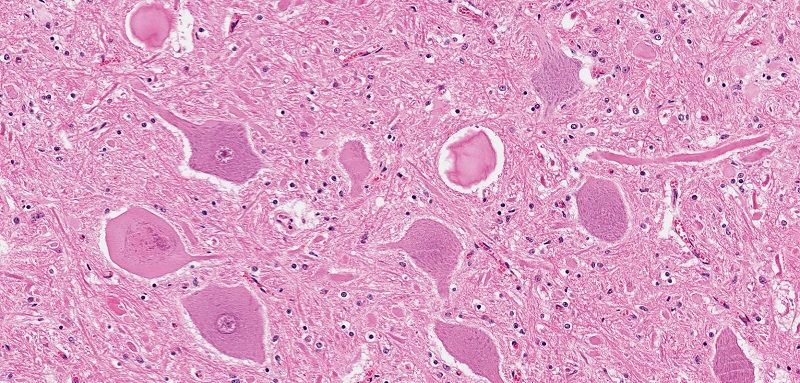In a new study [1], researchers have identified the reason why cells become defective when they grow too large and why protein creation fails when cells grow larger than their original healthy size, as is typically seen in aged and senescent cells.
They demonstrate that in enlarged yeast and human cells, RNA and protein biosynthesis does not scale in proportion to the additional cell size, which then leads to a dilution of the cytoplasm. This phenomenon is also present in senescent cells, which display similar traits to those of large cells.
The research team concludes that the maintenance of a cell type-specific DNA-to-cytoplasm ratio is essential for the majority of cellular functions, and when cellular growth changes this ratio, it encourages cells to become senescent.
